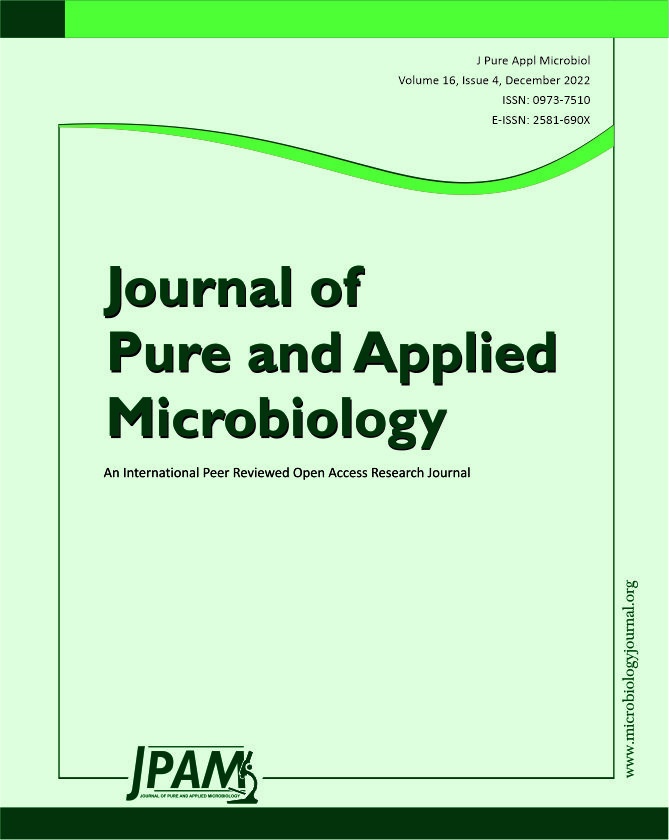Staphylococcal foodborne illness, caused by the ingestion of contaminated foods by induced Staphylococcus aureus enterotoxins, is one of the most recurrent foodborne diseases worldwide. Food handlers working in food-service establishments who carry enterotoxigenic isolates represent a reservoir for potential contamination leading to staphylococcal food intoxication. The aim of this research was to investigate the prevalence of nasal transmission of S. aureus among food handlers in a University community. A total of 100 nasal swab specimens were obtained from the food handlers and analyzed by standard laboratory techniques for isolation and identification. Questionnaires were administered to ascertain the risk determinants associated with nasal carriage of S. aureus. Antibiotic susceptibility testing of the isolates was done by disk diffusion method. Thirty-two food handlers were found to be carriers of S. aureus. Majority were females (63%), and 30% had been certified for food safety and handling. There were however no significant association between the nasal distribution of S. aureus together with established risk factors. Among the isolates, 93.75% were found to be resistant to penicillin, 50% to gentamicin and 50% to oxacillin. These findings indicate the need for training of food handlers on food safety, as well as the knowledge of antibiotic resistance.
Staphylococcal Foodborne Illness, Prevalence, Food Handlers, Hand Swabs, University Community
© The Author(s) 2022. Open Access. This article is distributed under the terms of the Creative Commons Attribution 4.0 International License which permits unrestricted use, sharing, distribution, and reproduction in any medium, provided you give appropriate credit to the original author(s) and the source, provide a link to the Creative Commons license, and indicate if changes were made.


